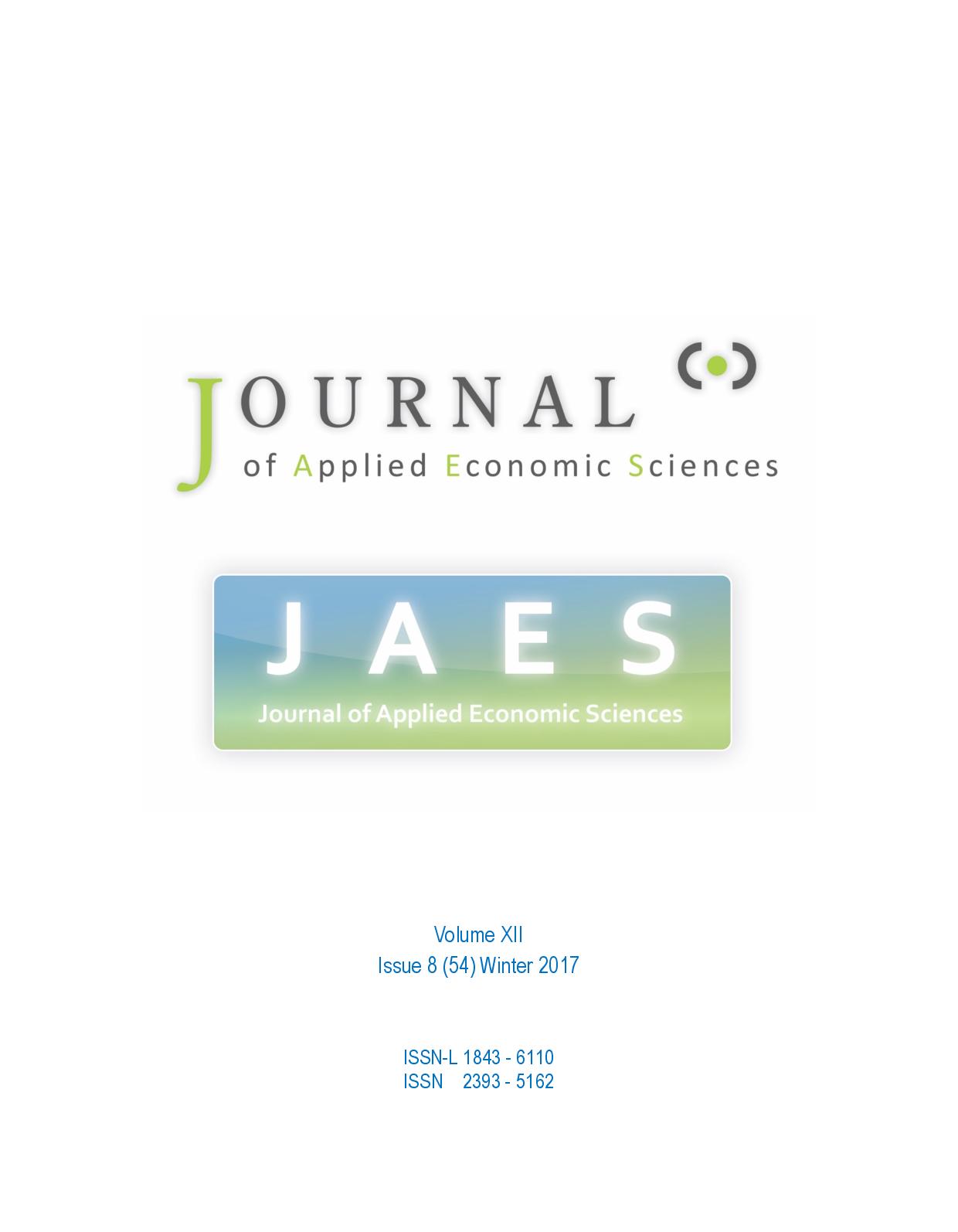Tangible and Intangible Rewards in Service Industries: Problems and Prospects
Tangible and Intangible Rewards in Service Industries: Problems and Prospects
Author(s): Tetiana Valeriyivna Grynko, Oleksandr Krupskyi, Mykola KOSHEVYI, Olexandr MAXIMCHUKSubject(s): Economy, National Economy, Business Economy / Management
Published by: RITHA Publishing
Keywords: Staff turnover; staff motivation; service industries; internal incentives; management;
Summary/Abstract: Willingness and readiness of people to do their jobs are among the key factors of a successful enterprise. In XXI century intellectual human labour is gaining unprecedented value and is being developed actively. The demand for intellectual labour calls forth an increasing number of jobs and professions that require an extensive preparation, a large number of working places, high level of integration of joint human efforts, growth of social welfare. These trends are becoming ever more pervasive and are spreading widely in service industries, and that explains the rapid development of the latter when compared to the traditional areas of human activity. In its turn, it heightens the need for staff in service companies, supported by significant personnel turnover and a certain shortage of skilled professionals. These circumstances determine the need for developing a new concept of fostering staff motivation at the enterprises in the sphere of services. In order to reach the stated purpose while conducting our research into tourism and hospitality industry, as well as retail chains, we have examined the problems that arise in the process of staff motivation, and studied the foreign practice of motivating staff in hotels. The obtained analysis results enabled us to work out practical recommendations on improvement of the mechanism of tangible and intangible rewards in service companies, which are based on external and internal motivational factors. Additional attention in the article is paid to the statement that financial incentives should be based on key performance indicators (KPI). We give a detailed consideration to the classification of internal motivation incentives of the staff according to the terms of their realization, and give a schematic representation of the performance dynamics of the internal motivation model in service businesses.
Journal: Journal of Applied Economic Sciences (JAES)
- Issue Year: XII/2017
- Issue No: 54
- Page Range: 2481-2491
- Page Count: 11
- Language: English

